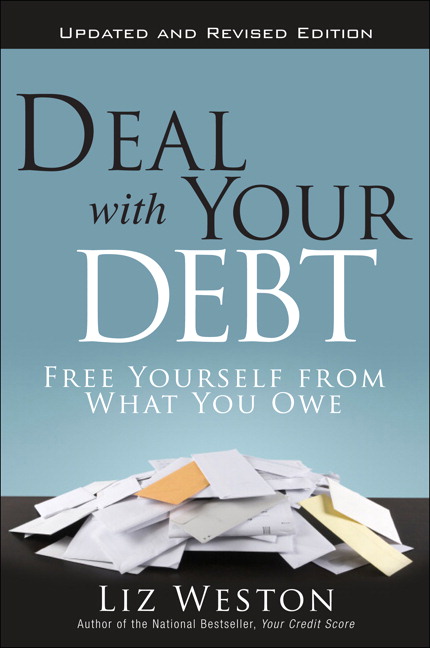Dear Liz: Your comments about the benefits of delaying Social Security misled readers. While a cost-of-living increase was standard for many years, it no longer is. You might want to check back over the last 10 years to get details. In addition, a reader might interpret your points about the increased benefit at full retirement age versus the benefit amount at 62 as a promise for the future. Factors such as health and family longevity are also involved. Depending solely on one’s Social Security check for living expenses will most likely bring derisive laughs for those who unfortunately have to do just that.
Answer: Your comments are a good example of why it’s important to get a second opinion on Social Security benefits, because what we think we know about the program may not be true.
One of the best reasons for delaying Social Security is to claim a bigger benefit down the road, a benefit that has nothing to do with cost-of-living increases. “Retirement benefits increase by 6 2/3% each full year an individual waits between age 62 and 65,” said Patricia Raymond, regional communications director for the Social Security Administration. “For each additional year an individual delays benefits from age 65 until full retirement age, the benefit increases 5%.”
The full retirement age is now 66 and will increase to 67. Even if Social Security is restructured sometime in the future, it’s highly unlikely that the system would stop rewarding people for delaying retirement or that cost-of-living increases would be discontinued (although they may be reduced).
By the way, there have been only two years in the last 10 when there was no cost-of-living increase, as you can see at http://www.ssa.gov/cola/automatic-cola.htm. Increases have ranged from 1.7% this year to 5.8% in 2009. The average for the last decade was 2.56%. Whether these increases truly keep up with inflation is questionable, especially with increasing Medicare costs, but to say cost-of-living adjustments are no longer “standard” simply isn’t true.
Trying to decide when to take Social Security based on your current health or your family history of longevity is tricky, at best. Taking Social Security early might turn out to be a good decision if you die relatively early, or it could be a big mistake if you live longer than expected or you have a surviving spouse who may depend on your benefit. (Starting your retirement early would reduce not only your check but also the check a survivor would receive.)
The AARP website has a Social Security calculator that can help you understand the ramifications.
Obviously, some people have little choice but to apply for Social Security as soon as they’re eligible because they need the money. But delaying Social Security for a bigger benefit can be seen as a kind of longevity insurance for those who can afford to do so. Even people in poor health or who lack a family history of longevity might want to hedge against the possibility of outliving other assets, either for themselves or their spouses.
Ideally, no one would rely solely on Social Security benefits, but unfortunately many do. Social Security constitutes 90% or more of income for nearly half of single retirees and more than 1 in 5 married couples. For most people who receive Social Security, the checks represent half or more of their income. So it makes sense to learn how to maximize your benefits using information from reliable sources. In addition to the Social Security and AARP websites, you can learn more from the excellent primer “Social Security for Dummies” by Jonathan Peterson.
